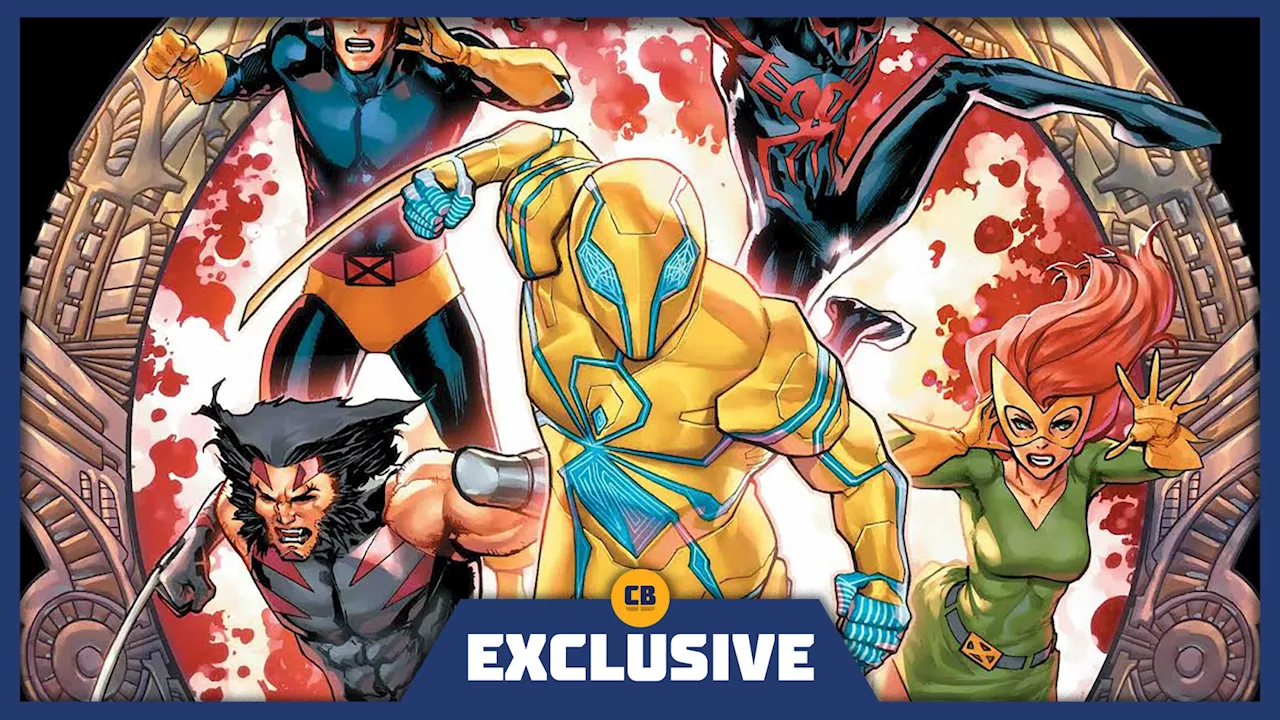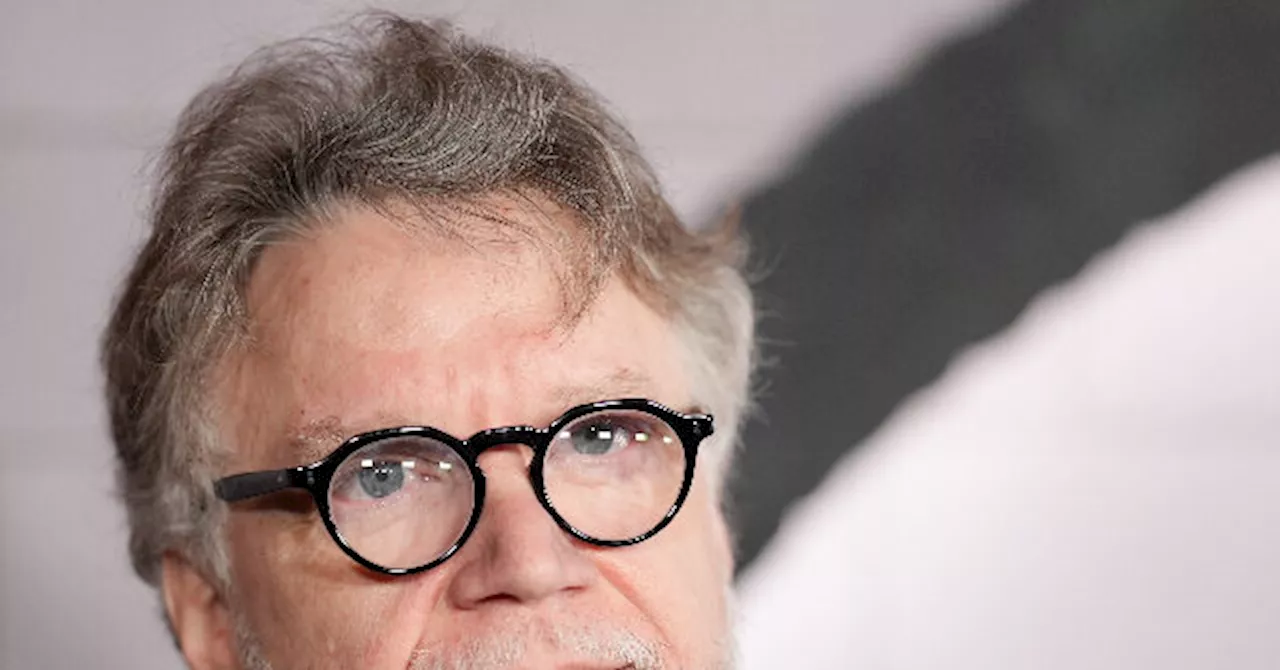URGENT UPDATE: Fans of epic cinema are expressing disappointment over six major films that promised grandeur but ultimately missed the mark. Released over the past two decades, these movies failed to capture the hearts of audiences despite their ambitious premises and star-studded casts.
The latest discussions highlight “Pearl Harbor,” directed by Michael Bay. Critics argue that this WWII epic, which attempted to blend historical events with a romantic narrative, fell short due to its lack of authenticity and depth. The film’s portrayal of real-life hero Doris Miller, played by Cuba Gooding Jr., was criticized for sidelining genuine stories in favor of a fictional love triangle.
Another film under scrutiny is “Windtalkers,” featuring Nicolas Cage. This movie was meant to honor the Navajo code talkers of WWII but instead focused on Cage’s character, leading to missed opportunities for showcasing the rich history of Native American soldiers. It struggled to maintain the balance of thrilling action and meaningful storytelling.
The 2011 release “Immortals,” directed by Tarsem Singh, is also part of the conversation. While visually stunning, its narrative weaknesses overshadowed its potential, leaving fans wishing for a more cohesive story that matched its aesthetics.
Additionally, “World War Z,” starring Brad Pitt, faced a tumultuous production that resulted in a disjointed film, failing to translate the source material’s complex narrative into a coherent storyline. Despite its blockbuster aspirations, the film’s execution was deemed mediocre, disappointing horror fans eager for a gripping zombie epic.
The release of “The Lone Ranger,” with Johnny Depp in a controversial role, was marred by a convoluted plot and underdeveloped characters. Critics noted its impressive action sequences, but the film’s lack of focus led to a mixed response, especially given its potential as a major Western franchise.
Finally, the “Hobbit” Trilogy, starting with “The Hobbit: An Unexpected Journey” on December 14, 2012, generated excitement but ultimately disappointed fans. Directed by Peter Jackson, this trilogy was criticized for its over-reliance on CGI and failure to deliver a narrative that matched the epic scale of The Lord of the Rings series.
With these films, epic movie fans are left yearning for the high-quality productions that once defined the genre. The impact of these disappointments extends beyond individual titles; they raise concerns about the future of large-scale filmmaking and the creative risks that studios are willing to take. As discussions continue, audiences hope for a resurgence in epic cinema that honors compelling storytelling and historical accuracy, ensuring that the genre remains vibrant and engaging.
Stay tuned for more developments as fan reactions and industry analyses unfold!







